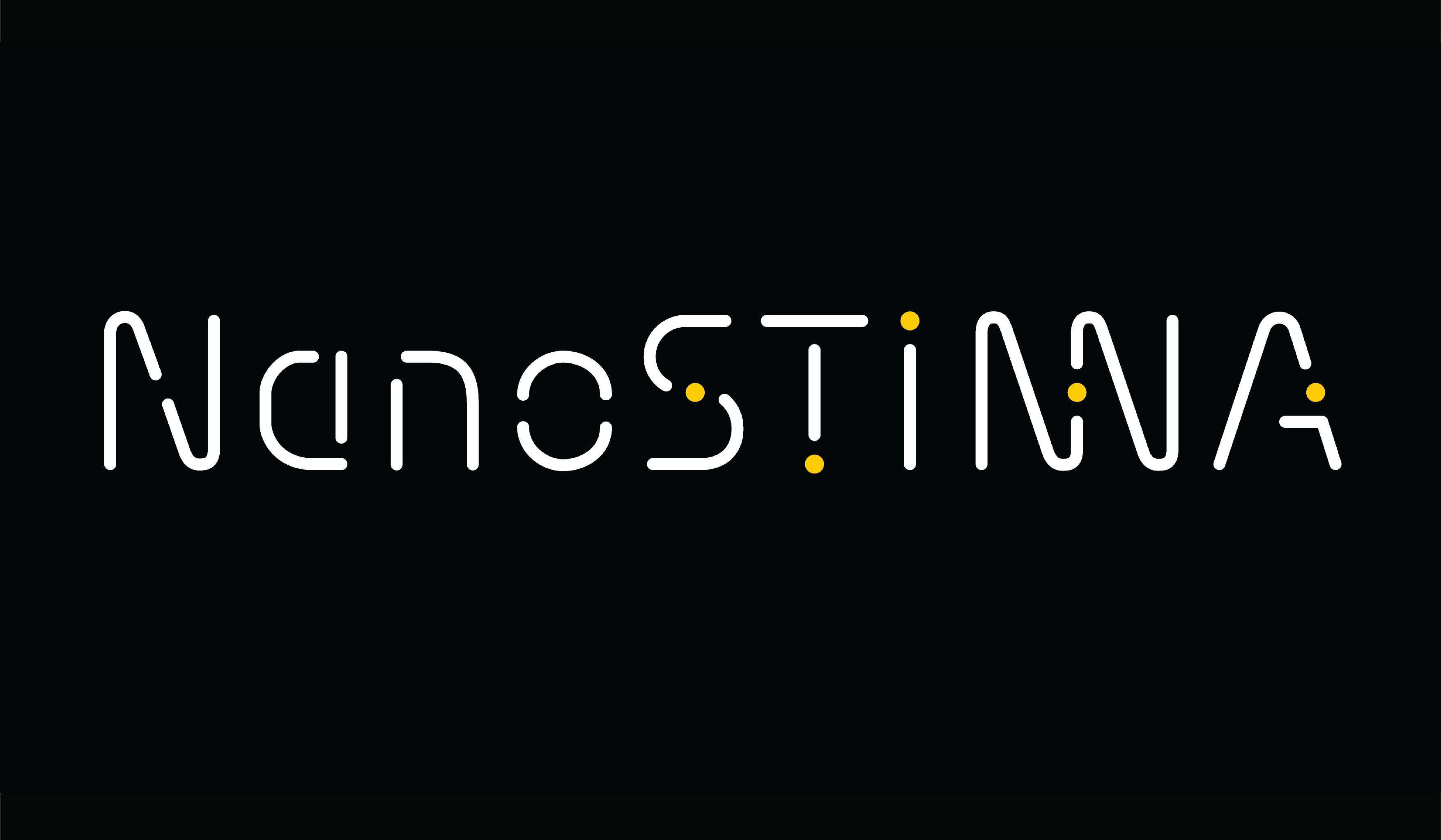Project Description
NanoSTIMA
NanoSTIMA – Macro-to-Nano Human Sensing: Towards Integrated Multimodal Health Monitoring and Analytics, is a project funded by the N2020 in approximately 7.2 million euros, of which near 1.4 million are managed by CINTESIS.
The project is organized in five research lines and aims to develop scientific skills to address the major challenges posed by the revolution taking place in health and wellness and pointing towards the progressive use of nanosensors, some of which implantable in the human body, to monitor multiple indicators with the ultimate objective of promoting health and preventing disease. NanoSTIMA also addresses issues such as the integration and application of personal data from different sources.
Pedro Pereira Rodrigues, principal investigator of the Thematic Line 2, is the leader of this project at CINTESIS, together with other several partners, namely INESC TEC, IT and CIDESD.
Abstract
We are at the verge of major revolution in the way our health and wellbeing is managed since aseptic surgery became widely available around 100 years ago.
Today, medical and consumer technology are converging to offer a new paradigm for continuous “self- monitoring”, day and night, as physiological sensors are getting so small, wearable and even implantable
that we will forget we are carrying them on/in our body. This Macro-to-Nano human sensing revolution will happen in the coming years, we just do not know exactly how many years it will take.
In the present project we envision a future where humans will be wearing, on and in their body dozens of micro and nano sensors that will monitor a multitude of physiologic indicators of our fantastic sophisticated body. These indicators will enable the above-mentioned revolution and will provide the possibility to move from the current acute healthcare paradigm (where surgery is the maximum exponent) to a preventive medicine one that acts as early as possible to manage ones wellbeing and health issues.
Future human sensing systems will be multi-layered networks of sensor and actuator devices, ranging from the macro to the nano level. Ecosystems of interoperable tiny devices at these different layers will exchange data and commands seamlessly to make us more aware of our health, act earlier to potential disease signs and surely drive our society for a lower cost of healthcare.
Furthermore, this envisioned paradigm will turn our society more prepared for the ageing population demographics that is already a certainty for the coming 50 years.
Nevertheless, there are two main challenges to be approached for this envisioned paradigm to become a reality:
- Evolve from today’s macro to tomorrow’s micro and nano human sensing technologies that will be corner-stone of the coming revolution that will trigger the above-mentioned paradigm shift in the health and wellbeing industry.
- Tackle the tons of information all these wearable and implanted sensors will generate, integrating it with data from other sources, such as medical records, genetic data and even social media and use it to draw a broad picture of the patient as an individual, in order to offer a tailored healthcare therapy – what the literature calls the future ”health BIG data problem”.
The present project, organized around 5 (five) research lines, will precisely focus on developing the scientific competencies among the partners to address these major challenges of the next health and wellbeing revolution.
A high scientific level multidisciplinary team from the partners (INESC TEC, IT and CIDESD), interacting with our associated partners (IBMC-Microscopy group, FMUP-Experimental Biology lab and FMUP/HSJ Neurosurgery Department) and advisors (Nanium SA – semiconductor industry – and Biodevices SA wearable technologies spin-off company) will be dedicated to approach the above-mentioned challenges.
Funding Institution
N2020
Global Budget
6.118.891,70 €
CINTESIS Budget
1.169.323,13 €
Reference
NORTE-01-0145-FEDER-000016
Duration
01/07/2015 – 30/06/2019
CINTESIS researchers involved
Altamiro da Costa Pereira, Ana Margarida Ferreira, Ana Margarida Pereira, Ana Sá Sousa, Andreia Sofia Costa Teixeira, Armando Teixeira-Pinto, Cláudia Camila Dias, Cláudia Niza, Cristina Costa Santos, Cristina Granja, Eliana Amorim de Sousa, Fernando Abelha, Hernâni Gonçalves, Inês Ribeiro Vaz, João Bernardes, João Fonseca, Jorge Polónia, José Alberto Freitas, Júlio Souza, Luís Filipe Azevedo, Maria Conceição Costa Pinho Calhau, Mariana Lobo, Mário Dinis-Ribeiro, Pedro Farinha , Pedro Marques, Pedro Pereira Rodrigues, Ricardo Cruz Correia, Rita Amaral, Rui Nunes

